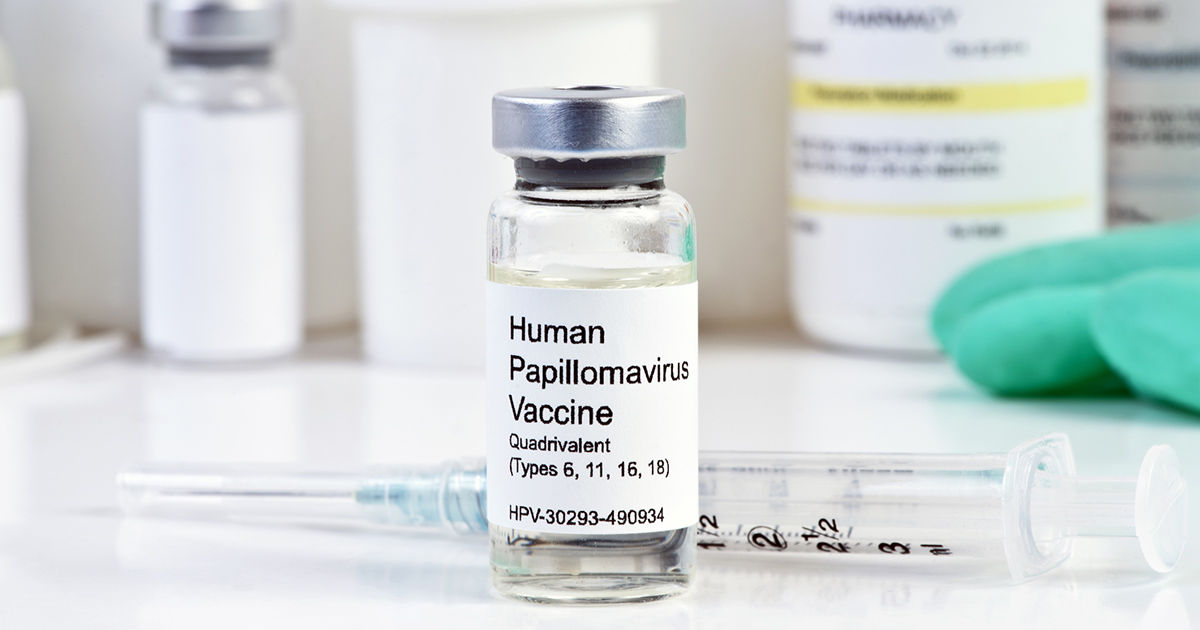How Immunotherapy Is Used To Treat Cancer
Oncolytic Virus Immunotherapy

The Cancer Research Institute indicates this treatment is not currently FDA-approved, though there are clinical trials using oncolytic viruses to treat many cancers, including bladder, prostate, ovarian, lung, colorectal, and melanoma. This immunotherapy technique uses various types of viruses to boost the immune system’s activity against cancer. Oncolytic viruses are specifically intended to kill cancer cells and can either do this directly or activate the immune system (e.g., through T cells and dendritic cells) to perform this function. This form of immunotherapy is often combined with other immunotherapies, commonly mAbs and cancer vaccines, for cancer treatment.
Cancer Vaccines

When most individuals hear the word ‘vaccine,’ they think of the flu shot or one of the many children receive, such as vaccines for measles, mumps, and polio. Typically, these vaccines use a weakened or deactivated form of the virus so the body gets ready for an immune response and can better fight off the illness. Cancer vaccines work in much the same way. They either get the immune system ready to attack cancer cells or they act as a preventative measure.
A prime example of a preventative cancer vaccine is the human papillomavirus (HPV) vaccine. HPV can cause various cancers, the most significant of which is cervical cancer, which is almost exclusively due to an HPV infection. But by receiving the HPV vaccine, the chances of getting an HPV infection dramatically reduce, particularly if the individual receives the vaccine prior to becoming sexually active for the first time. Cancer treatment vaccines, on the other hand, work to make the immune system attack cancer cells already in the body. According to the American Cancer Society, the only cancer treatment vaccine currently approved in the United States is Sipuleucel-T, which is used to treat advanced prostate cancer.
